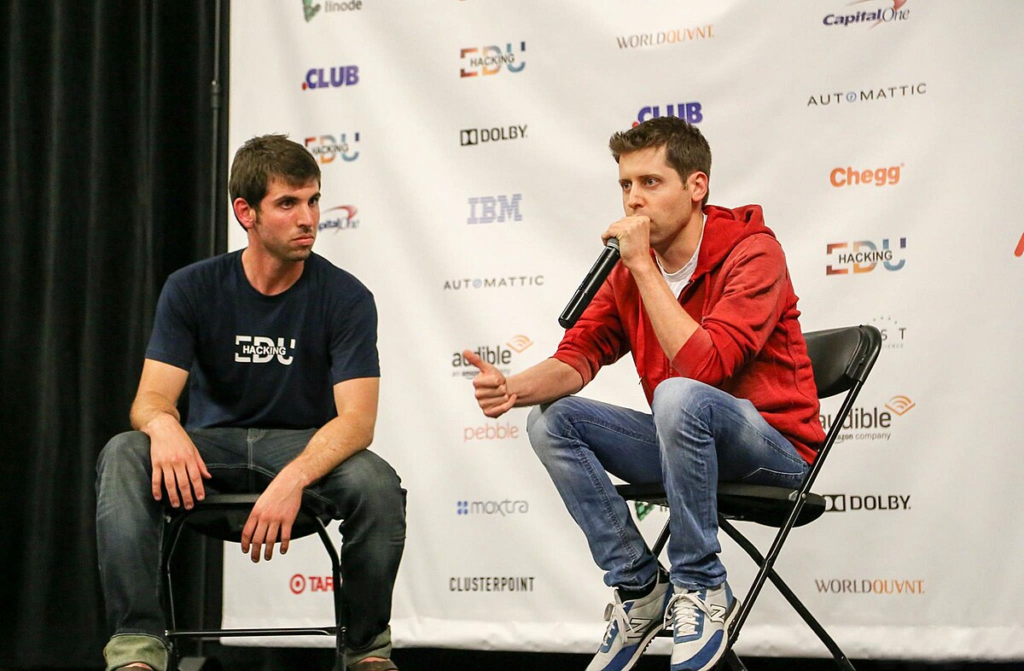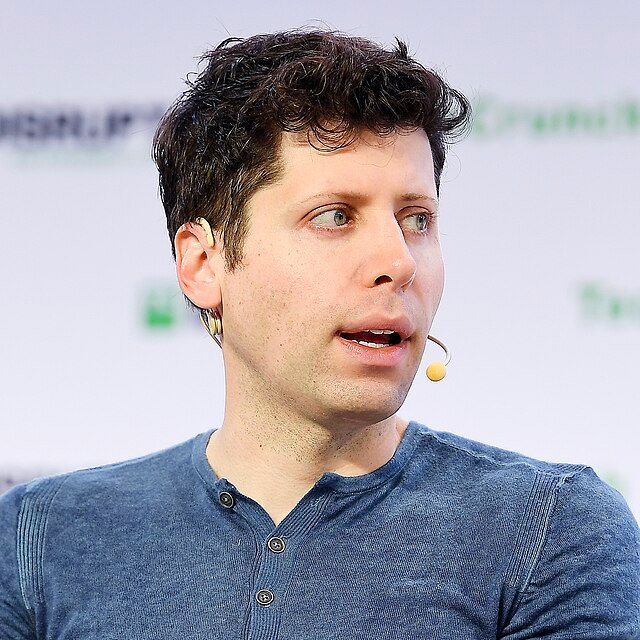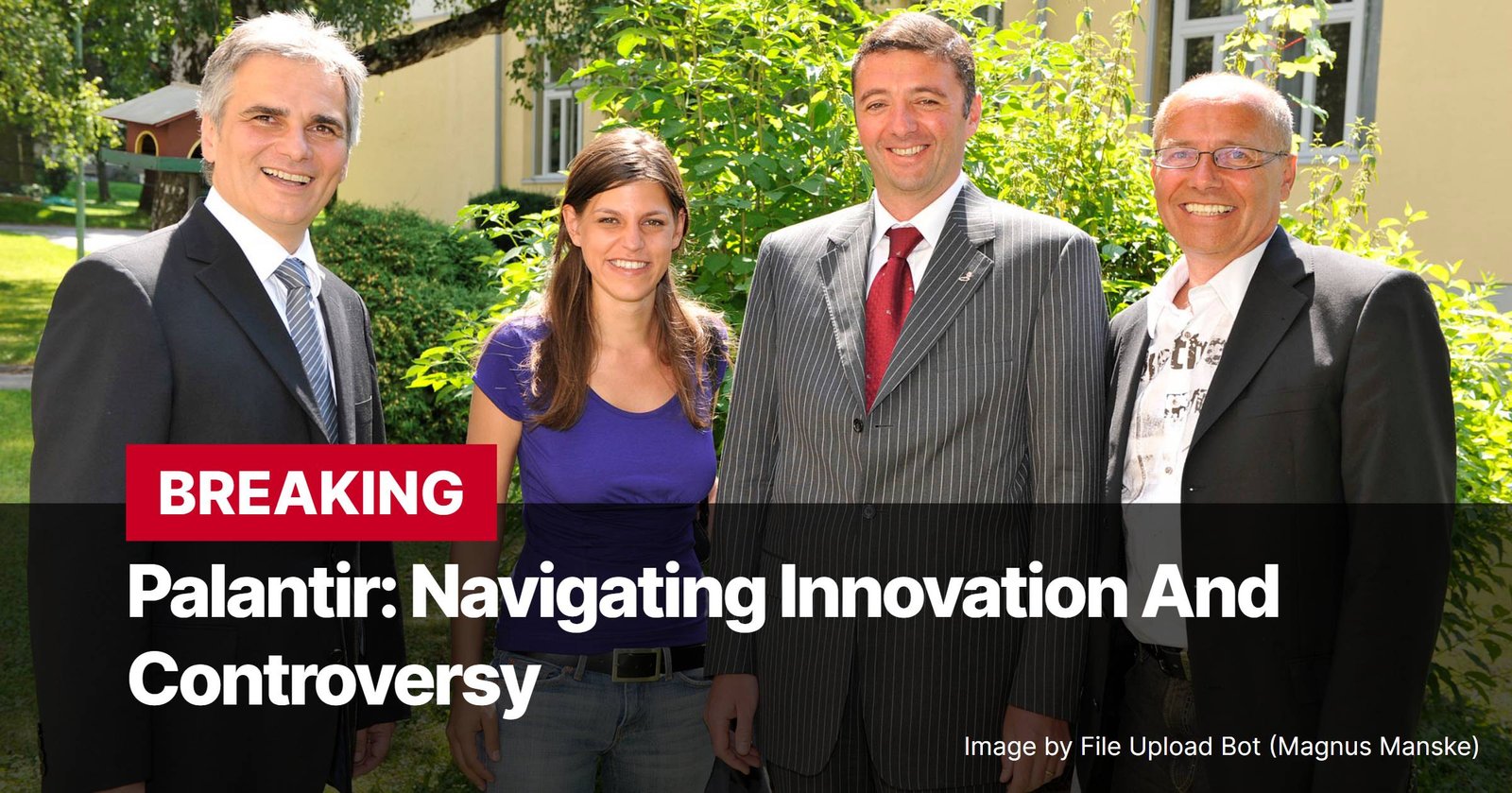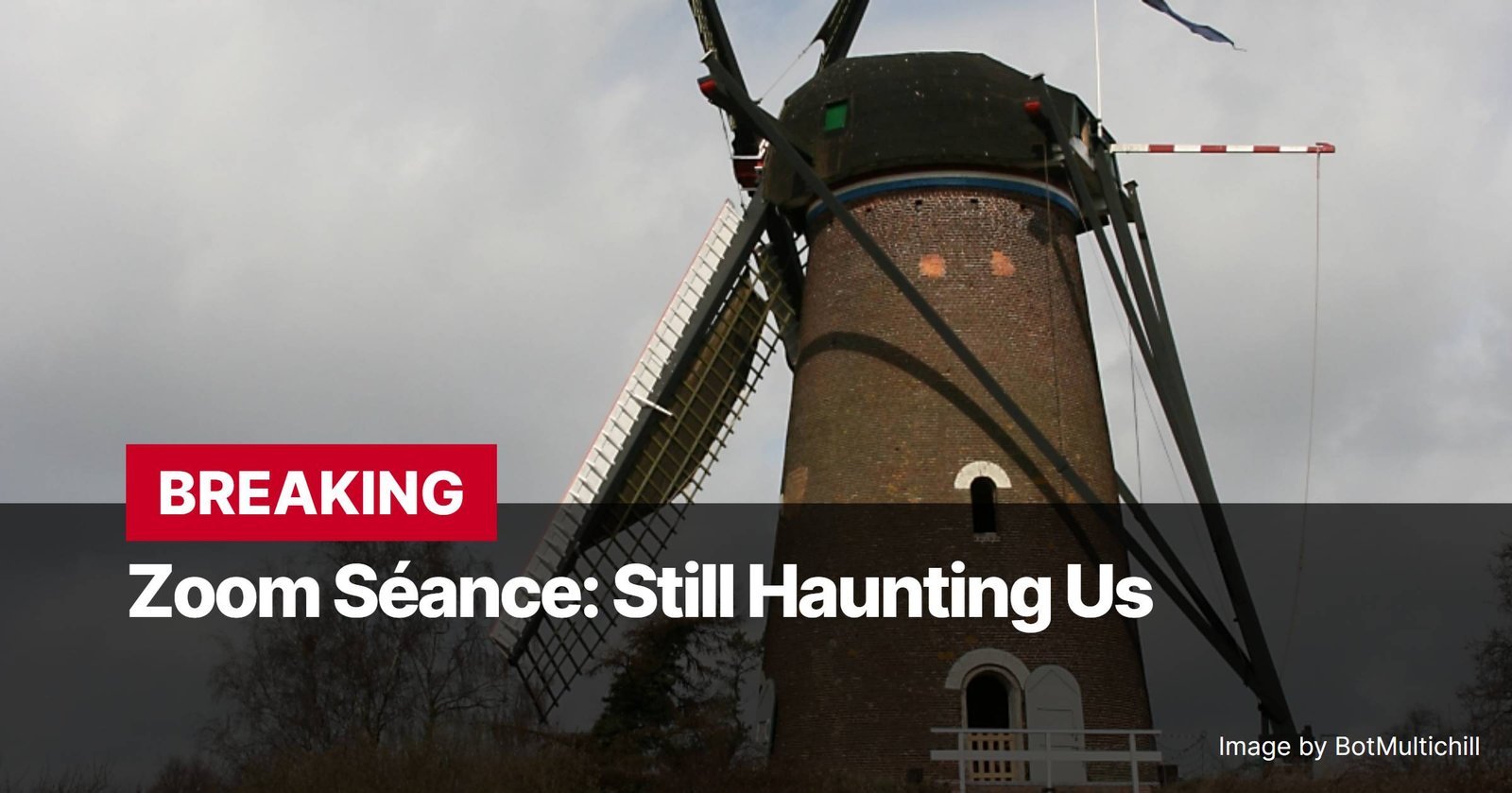Remember OpenAI? The company that’s practically synonymous with groundbreaking AI, the one that brought us ChatGPT and DALL-E? Well, they’ve found themselves at the center of a controversy that goes beyond just AI ethics and into the realm of workplace practices. It’s a story of employee dissent, a battle for freedom of speech, and a glimpse into the complexities of building a powerful technology company.
This article will delve into the recent backlash against OpenAI’s controversial exit agreements, exploring how this incident reflects deeper anxieties about the company’s values and practices. We’ll uncover the details of these “shady deals,” the employee revolt that followed, and the ripple effects this has had on the tech industry and the future of AI development.
Table of Contents
The Revolt: OpenAI’s Controversial Exit Agreements
OpenAI’s controversial exit agreement, which was first reported by Bloomberg and Vox, effectively required former employees to choose between signing a non-disparagement agreement (NDA) that would never expire or losing their vested equity in the company. It’s a classic Catch-22 situation: you’re forced to choose between your financial security and your freedom to speak openly about your experience at OpenAI. This type of agreement essentially silences former employees, making it difficult for them to critique the company, even if they have valid concerns.

The backlash was swift and widespread. Former employees voiced their discontent, and the internal memo, which was shared with current employees, revealed a sense of betrayal and anger. The memo, addressed to each former employee, acknowledged that at the time of their departure, they may have been informed that they were required to execute a general release agreement that included a non-disparagement provision in order to retain their vested equity. It then stated, “Regardless of whether you executed the Agreement, we write to notify you that OpenAI has not canceled, and will not cancel, any Vested Units.” This was a significant step back, acknowledging the unfairness of the previous agreement, but it didn’t fully address the underlying issues.
OpenAI’s response to the outcry was an apology, with a spokesperson stating, “We’re incredibly sorry that we’re only changing this language now; it doesn’t reflect our values or the company we want to be.” The company also pledged to remove the nondisparagement clauses from its standard departure paperwork and release former employees from existing obligations. While this is a positive step, it raises further questions about why these practices were in place in the first place.
This controversy has had a ripple effect within the tech industry, prompting discussions about the ethical use of NDAs and the importance of protecting employees’ freedom of speech. The incident serves as a reminder that even companies at the forefront of innovation can struggle with managing employee relations and ethical considerations.
Beyond the NDA: A Deeper Look at OpenAI’s Troubles
The controversy surrounding OpenAI’s exit agreements is just the tip of the iceberg. It’s symptomatic of a deeper unease that’s been brewing within the company and among observers of the AI industry.

The recent controversy around the “Sky” voice, which was a highly realistic AI-generated voice that bore a striking resemblance to Scarlett Johansson‘s voice in the movie “Her,” raises troubling questions about the ethical use of intellectual property. OpenAI, while acknowledging concerns, chose to pause the use of the voice, but the controversy highlighted the company’s need to carefully consider the potential impact of its technologies on individuals.
Sky voice actor says nobody ever compared her to ScarJo before OpenAI drama
— Owen Gregorian (@OwenGregorian) May 24, 2024
OpenAI’s feud with Scarlett Johansson could cost Hollywood AI deals.
OpenAI is sticking to its story that it never intended to copy Scarlett Johansson's voice when seeking an actor for ChatGPT's "Sky"… pic.twitter.com/s1d9f8sw7s
Another red flag is the disbanding of OpenAI’s Superalignment team, which was formed to address the long-term risks of artificial general intelligence (AGI). This team was responsible for ensuring that AI development remains aligned with human values. The team’s disbandment came after the departure of its leaders, Ilya Sutskever and Jan Leike, who both publicly expressed concerns about OpenAI’s safety culture and priorities. Leike stated that the company’s “safety culture and processes have taken a backseat to shiny products.” This is a troubling statement, suggesting a prioritization of product development over ethical considerations, which goes against OpenAI’s original mission to ensure AI benefits all of humanity.
OpenAI at a Crossroads: The Future of the Company
The recent controversies have undoubtedly damaged OpenAI’s reputation, making it harder to attract top talent and investment. The company’s ability to lead the AI race is now in question.
Moving forward, OpenAI needs to address the concerns raised by its employees and the broader community. This means prioritizing transparency, embracing ethical development practices, and fostering a culture that prioritizes both product innovation and safety.
As we stand at the cusp of a future increasingly shaped by AI, it’s crucial for companies like OpenAI to demonstrate their commitment to responsible development. The future of AI hinges on our collective ability to ensure that this powerful technology is used for good. OpenAI has a unique opportunity to lead the way, but it needs to take concrete steps to restore trust and rebuild its reputation.
Conclusion
OpenAI’s controversial exit agreements have served as a stark reminder of the need for accountability and ethical considerations in the tech industry. The company’s response, while a step in the right direction, highlights the importance of open dialogue and transparency. It also raises questions about the company’s priorities and its commitment to its original mission.
As AI technology continues to evolve at an unprecedented pace, it’s crucial that companies like OpenAI prioritize ethical development practices and demonstrate a genuine commitment to building a better future for all. Will OpenAI rise to the challenge? Or will it become a cautionary tale about the pitfalls of unchecked ambition in the age of artificial intelligence? Only time will tell.











